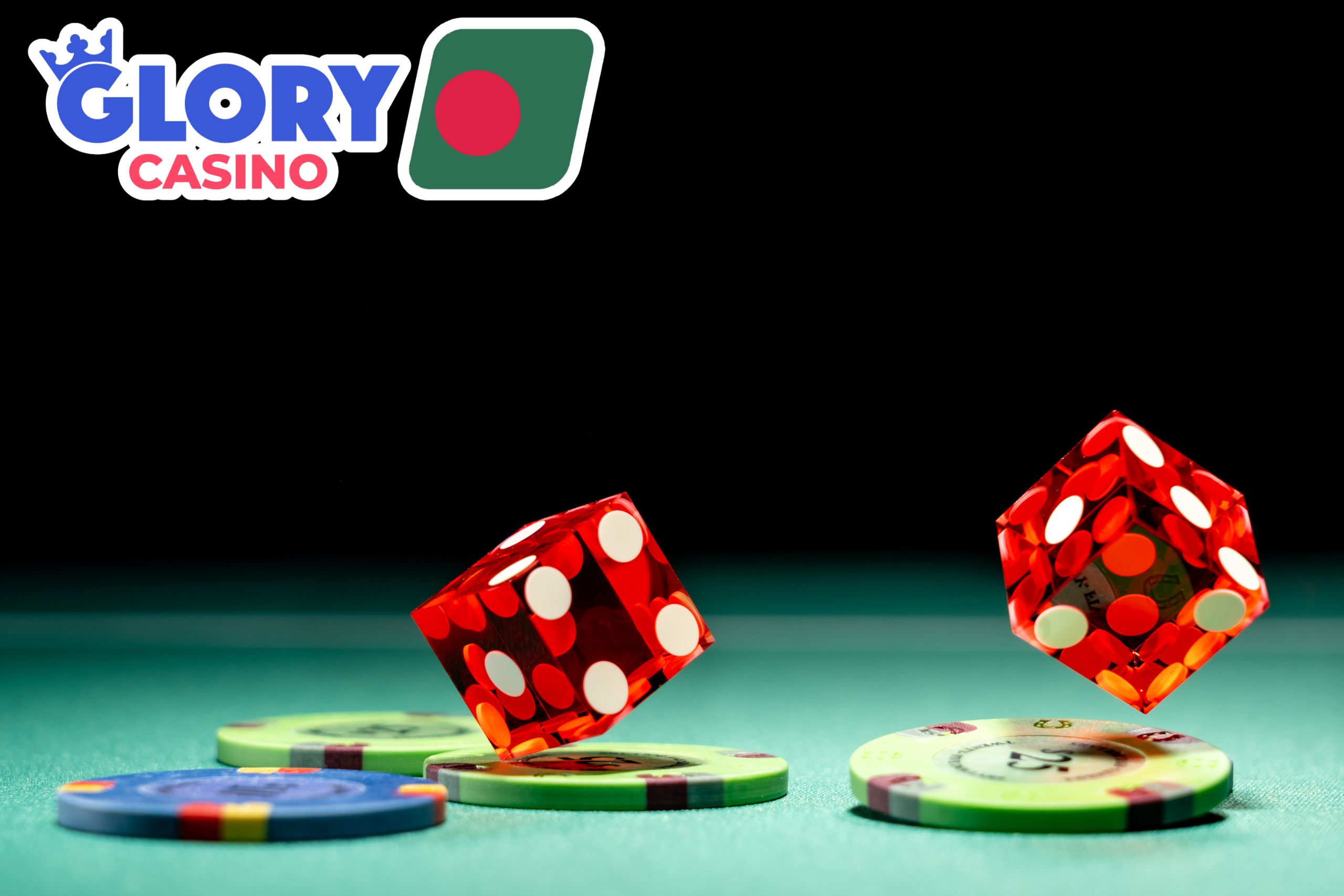The complicated mental and emotional processes guiding individuals to gamble events is investigated in gambling psychology. From ancient times to modern casinos, the attraction of gambling is found in the combination of risk, excitement, and chance for reward. Many people like the thrill of uncertainty as every gamble offers a chance for a transformational benefit that would motivate anticipation and optimism. This psychological dynamic shapes decisions; sometimes people strike a compromise between the thrill of the gamble and the associated hazards. Changing a bad gaming mentality calls for awareness of these tendencies. Knowing this link, Hot-Bet promotes for its clients a good yet moral gambling experience. Hot-Bet wants to provide an interesting atmosphere where people may enjoy the thrill of gambling while keeping a balanced approach, thereby guaranteeing that their experience stays interesting and under control by supporting educated decisions and raising knowledge of the chances.
The Thrill of Uncertainty and Risk-Taking
The human brain responds to uncertainty and the thrill of taking chances in a quite interesting manner. People who participate in pursuits like gambling can feel both excitement and expectation. This is mostly related to the reward system of the brain, which generates dopamine, a fundamental neurotransmitter connected with pleasure. For someone considering their odds of winning or losing, the ambiguity generates thrill. The expectation of a possible victory sets up dopamine release, which produces a joyful experience motivating individuals to push on. This loop of reward and expectation helps to reinforce the behavior, therefore making risk-taking exciting.
Moreover, this dopamine surge might have really strong psychological consequences. When someone wins, the dopamine spike supports the belief that gambling is a fulfilling hobby, thereby inspiring additional enthusiasm and drive to bet once more. Even the prospect of victory could put one in an emotional high. Many people so find themselves drawn back to gambling as it is impossible to overlook the thrill of uncertainty and the prospect for reward. Ultimately, a significant portion of why individuals are frequently tempted to take chances despite the inherent risks involved is determined by how the brain reacts to these hazards and the excitement of probable advantages.
The Role of Reward Systems in Gambling
Particularly with relation to wins, near-misses, and intermittent rewards, the brain’s reward system is very vital in sustaining gambling behavior. When someone wins at gambling, their brain generates dopamine, the feel-good chemical that causes an excitement and rush. This enjoyable experience motivates individuals to want to engage in the action again, which fuels additional gambling. Even when gamblers go through near-miss events—that is, nearly winning—they typically become excited as their brain sees this close contact as a possible success. This feeling may be as strong as a real victory, which motivates people to keep playing in search of that elusive jackpot.
Maintaining gamblers’ interest also depends critically on little successes. The brain’s reward system may be set off even with a little victory, therefore supporting the belief that gambling may bring future benefits. This implies that the odd little victory may be sufficient to keep someone returning even if the whole experience is one of loss. The thrill of gambling comes from its erratic character—where victories occur seldom. The possibility of striking it big again attracts gamblers in a lot of ways, hence it might be difficult to fight the need to lay another wager. This loop of reward and expectation sustains the gambling habit and drives people to wager more than they first meant.
The Influence of Cognitive Biases on Betting Decisions
Cognitive biases are very important in determining how individuals decide in the realm of gambling. The gambler’s fallacy is one of the most often occurring prejudices as it causes gamblers to incorrectly think that previous events might affect present ones. If someone watches a roulette ball fall on red multiple times in a succession, for example, they could believe black is “due” to hit shortly. This style of thinking may result in illogical betting, in which players chase losses or gamble more heavily depending on faulty reasoning.
The illusion of control adds even another bias. This is the time when gamblers feel they have some control over arbitrary results, such as believing their odds of winning might change depending on how they roll dice or choose a slide machine. This sensation of control motivates gamblers to behave impulsively and raise their frequency of risk taking, hence generating false confidence. At conclusion, confirmation bias—that is, the inclination of people to focus on evidence supporting their ideas while ignoring those contradicting them—can also be active. A gambler could, for example, remember their lucky streaks but ignore the many times they lost, therefore boosting their drive to keep on playing in front of hardship. Often leading to poor judgments and a loop of chasing losses, these biases may have a significant impact on betting activity.
Social and Emotional Factors in Gambling with Hot-Bet
Betting habit is much influenced by social contacts and peer influence. Whether they are supporting a craps shooter or playing pleasant banter at the poker table, many gamblers find great satisfaction in the companionship of the gaming atmosphere. As people deal with both losses and wins, having others around can make the experience more intense. Feeling excited can make games more enjoyable, but it can also lead people to want to keep playing longer than they intended.
Hot-Bet or “هات بت” understands how much community improves the gaming experience. It gives gamers a platform where social interactions among them may bloom, therefore promoting responsible gaming in a pleasant environment. To support a reasonable betting strategy, participants might combine interactions, technique exchanges, or simple enjoyment of the game. Although gambling may be exciting, Hot-Bet cautions consumers that the main goal is to have fun and relish the moment securely. Its qualities help to promote a decent communal culture.
Responsible Gaming: Finding Balance in Betting
Keeping control over gambling habits mostly rely on self-awareness. Gamblers who pay close attention to their emotions and motives will be able to see when their conduct could be veering into hazardous trends. If someone finds oneself utilizing gambling as a diversion from issues or more often after a difficult day, for example, it is a clue to stand back and review their behavior. A little introspection may help to encourage sensible betting methods very much.
Maintaining pleasure and satisfaction from gaming also depends on establishing limitations. Gamblers should make a budget and follow it with relation to the money and time they are ready to spend. This not only helps stop too high losses but also offers a clear line of direction for responsible gaming. Moreover, regular pauses and other hobbies help to maintain a balanced lifestyle, thereby ensuring that gambling remains just one of many enjoyable activities instead of the main focus of their time and energy. Those who embrace self-awareness and set limits will relate better to gambling.

Conclusion
Thrills seeking, emotional highs and lows, and cognitive biases including pattern identification and risk assessment define the many psychological elements behind gambling habit. While some people may search for a break from regular life or the possibility for financial gain, others are attracted to the thrill and adrenaline rush that accompany the uncertainty of results. Notwithstanding these strong reasons, it is important to underline that betting should remain a fun and regulated hobby that lets users participate properly without giving in to obsessive habits. Platforms like Hot-Bet provide a safe atmosphere where users may enjoy the betting experience while keeping awareness of their gaming behavior, therefore matching the excitement of gambling with ethical behavior.




